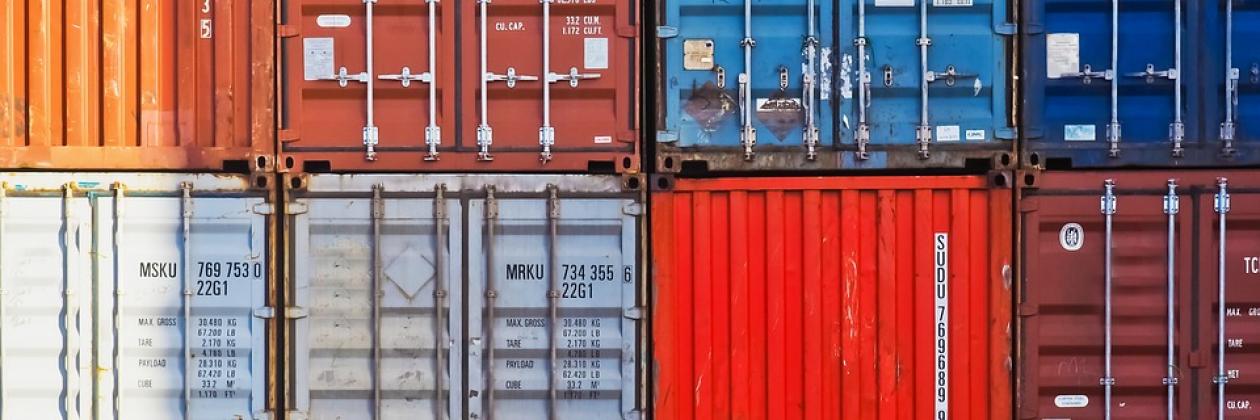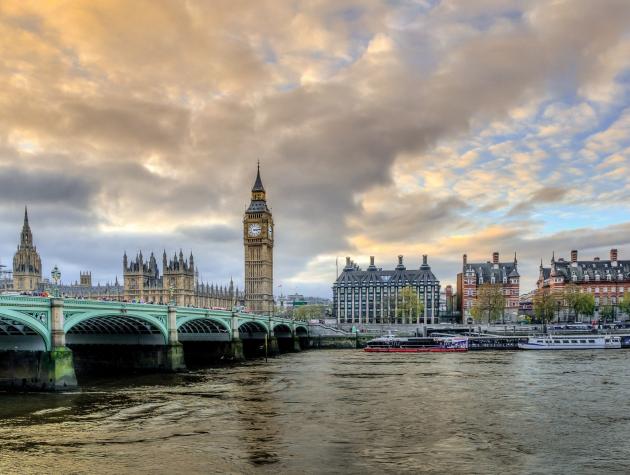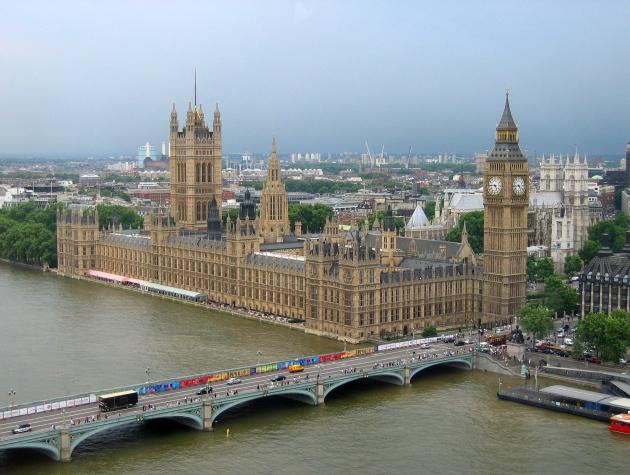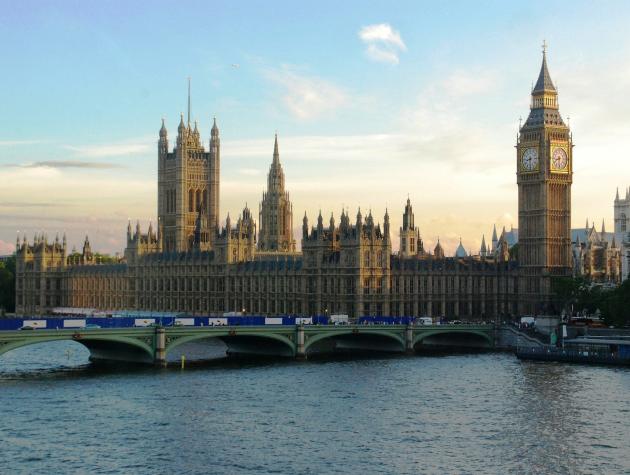How the WTO can help address the climate crisis
The global trading system is facing its worst crisis in 70 years. In the face of tariff wars, paralysis at the Wolrd Trade Organization (WTO) and rapidly evolving trade dynamics, policymakers and experts are grappling with what the 21st century global trade agenda should be and how to advance it. Additionally, the increasingly urgent need to take action on environmental protection requires engagement from policymakers on creating an updated and transformative environment and trade agenda. Carolyn Deere Birkbeck's recent blog on the subject issues a call to action to the WTO, trade ministers and trade policy experts, and sets out an agenda for how the trade policy community can help address the climate crisis.
There is now little dispute that international trade flows, rules and policies are directly and deeply relevant to environmental performance. Yet more than 30 years since public concerns propelled ‘environment and trade’ into the political spotlight, both the current agenda and political engagement lag behind the need for urgent action on an array of environmental challenges. Compared to the bubbling of activity on the sustainability-economy interface in the global policy arena – on decarbonisation, the circular economy, the green economy, green finance, sustainable industry, sustainable infrastructure and sustainable transport – the trade-environment agenda seems especially stale. Whereas leading finance ministers and central bank leaders – hardly previously known for their environmental activism – are now actively promoting action on climate change, unfortunately most trade ministers are far less politically engaged.
Rather than presenting yet another set of challenges for an already beleaguered WTO, an environment and trade agenda 2.0 could actually be a catalyst to restore its relevance. Making trade and trade policy part of the answer to the environmental challenges that are clearly facing us – rather than trying to avoid them – could be key to restoring or remobilising support for the WTO. Thinking bigger on the environment and trade front may help garner a critical mass of political support for the multilateral trading system within key countries, both from growing environmental constituencies and also from businesses keen to advance a more sustainable economy, but in need of a transparent, coherent and stable global policy environment.
Read the full blog here.







